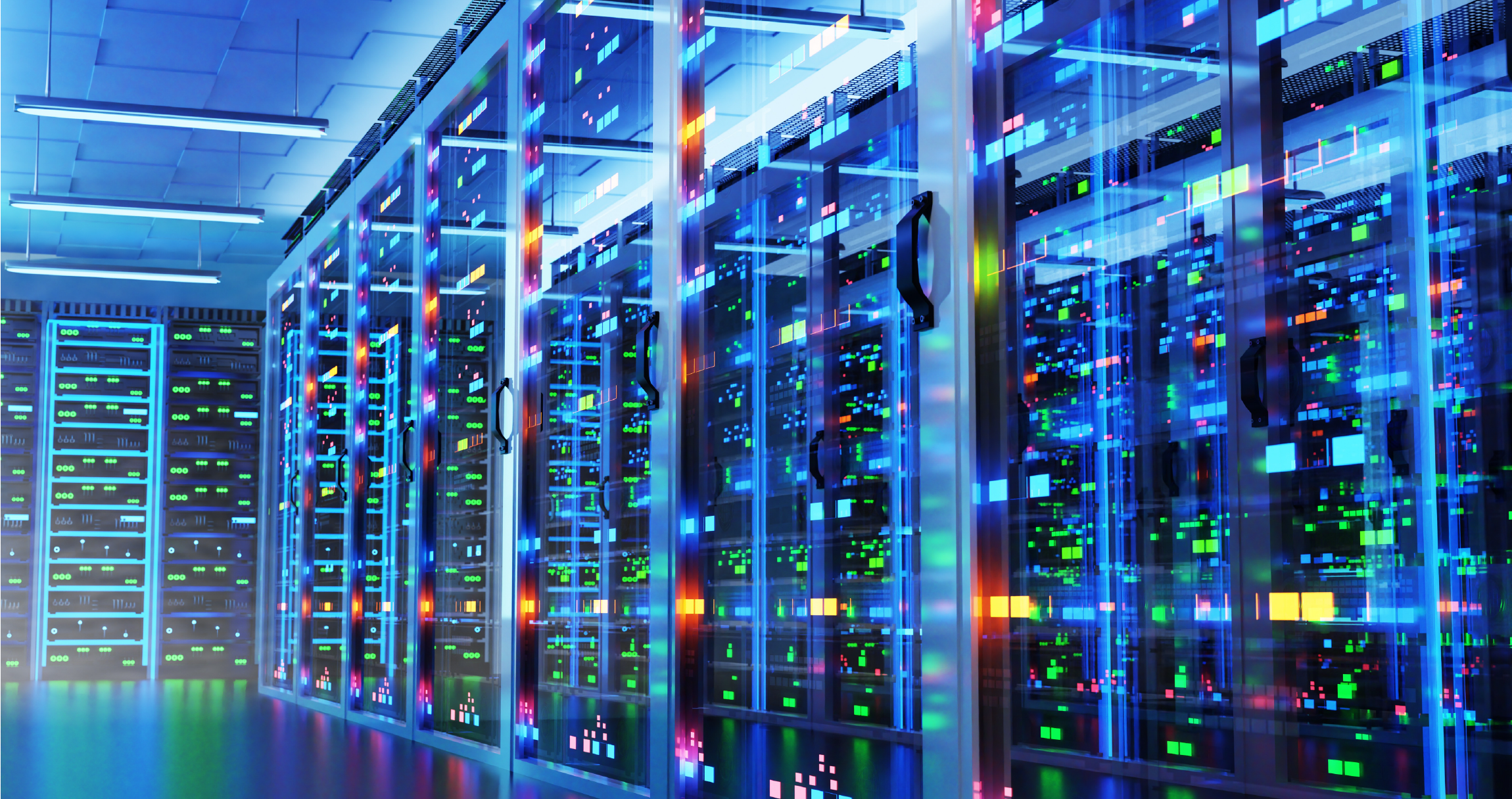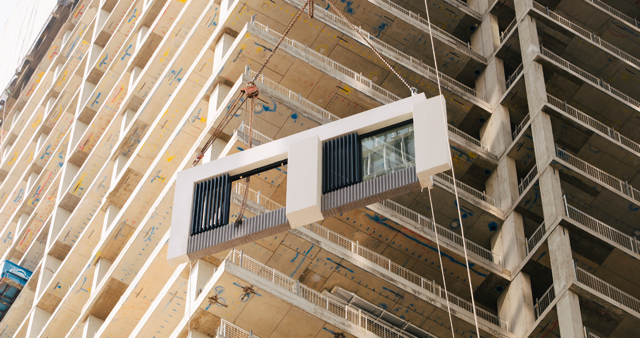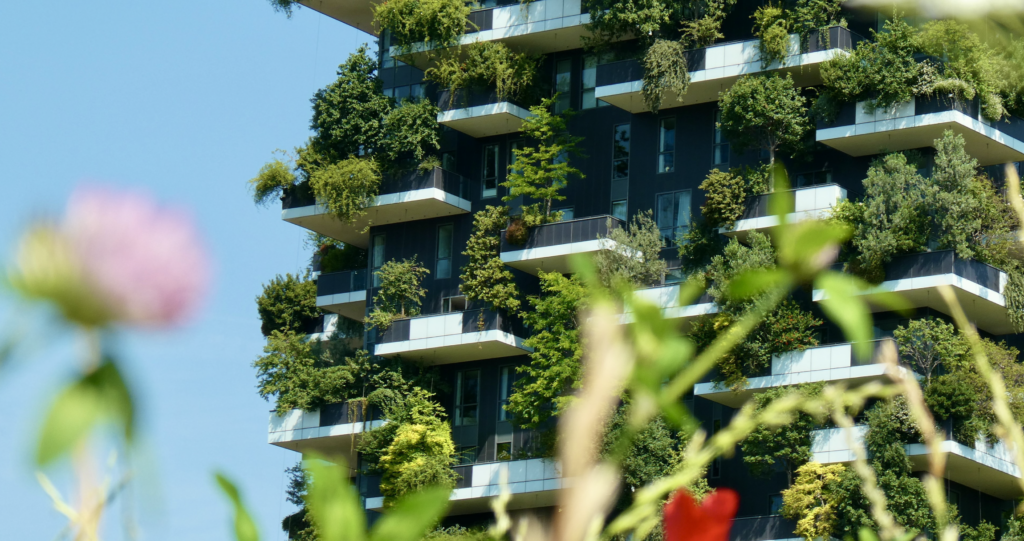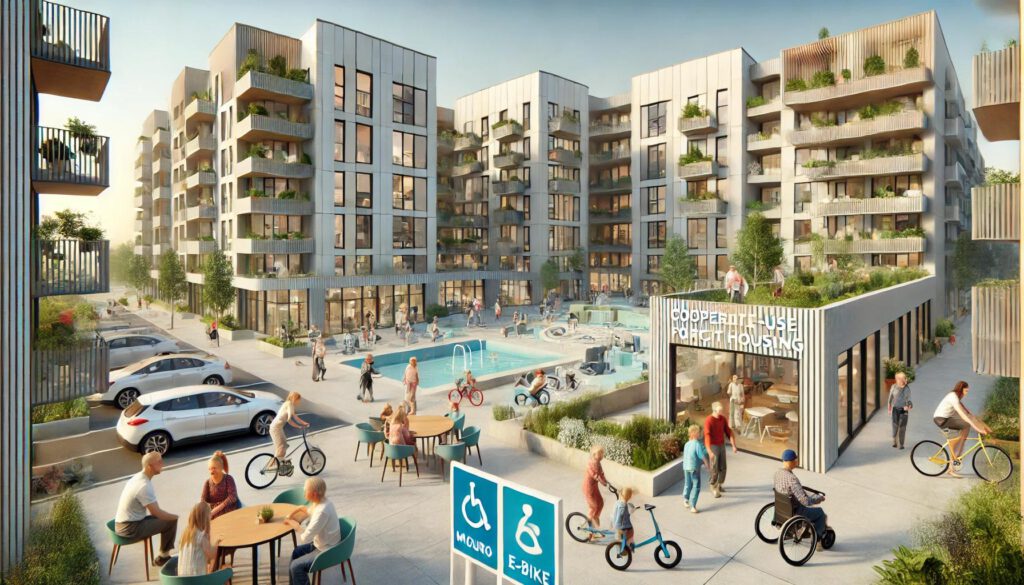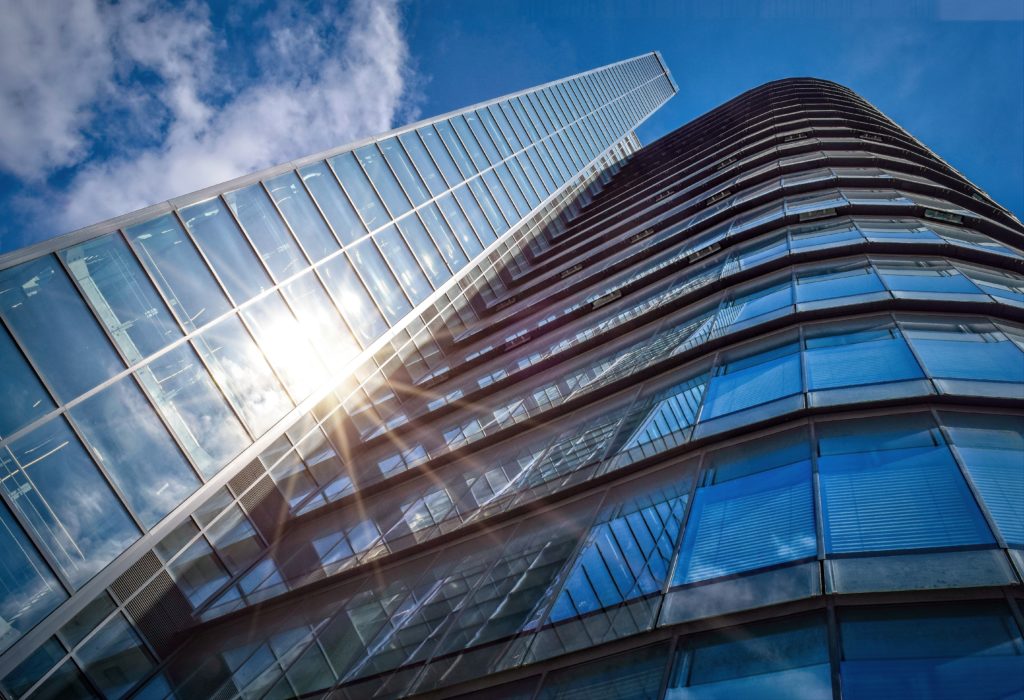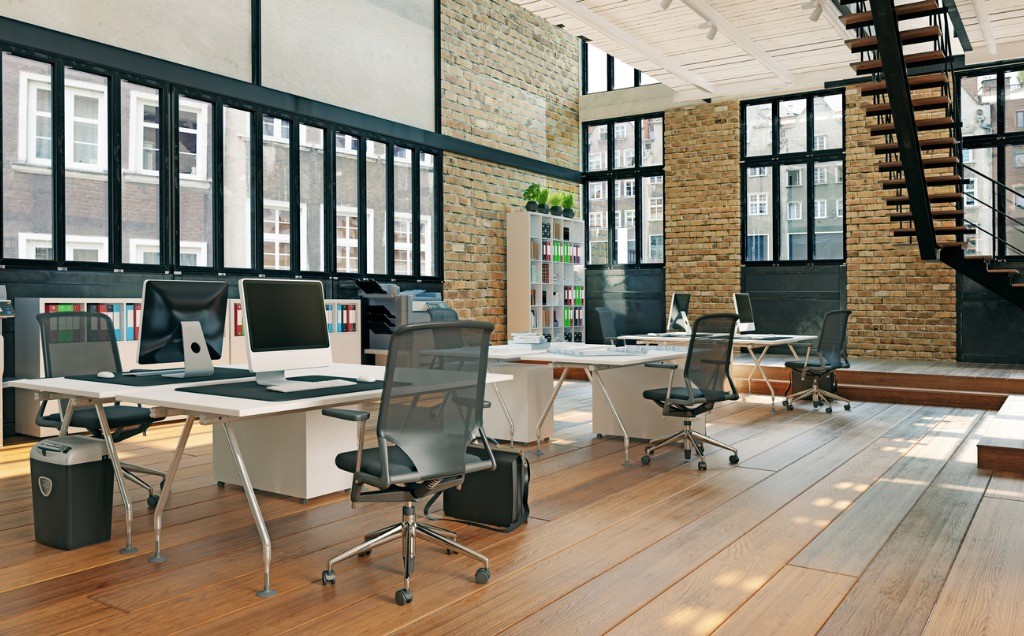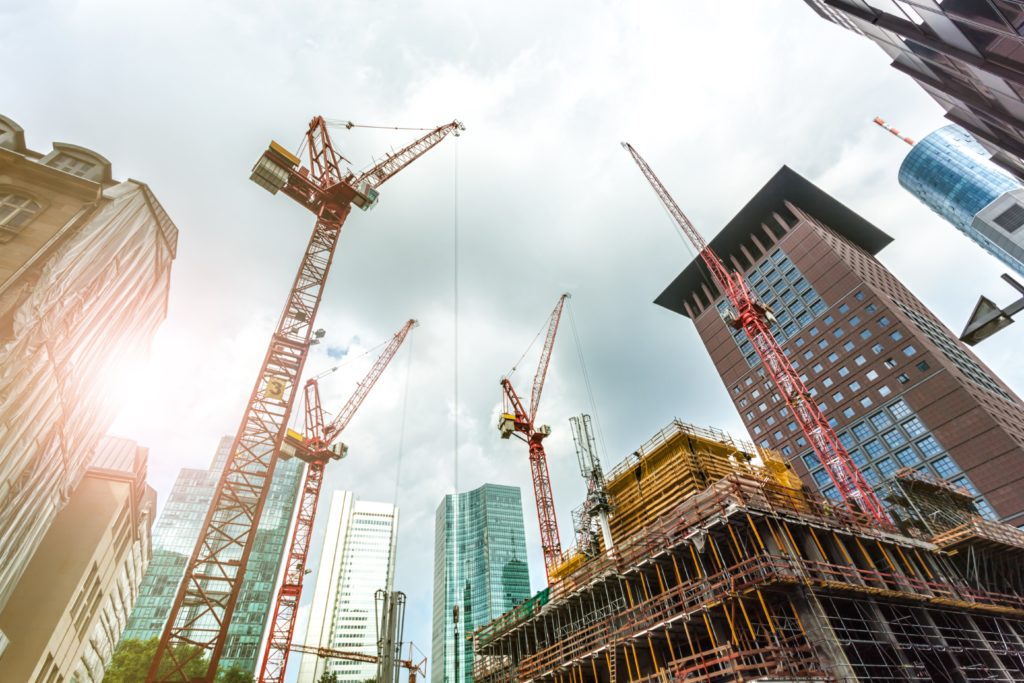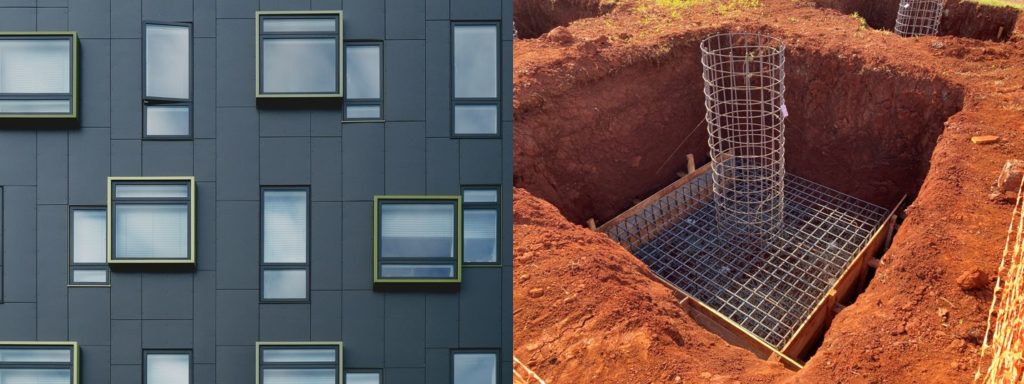Data centres have become a symbol of the AI age — as the indispensable backbone of the digital transformation. The expansion of this type of infrastructure property not only strengthens the future viability of our country: They also offer opportunities for property development and investment. But how can such projects be designed in such a way that they fit in well with their social environment — especially with regard to sustainability and location compatibility? In this Valdivia expert tip, we show which features and arguments can be used to ensure that data centres are perceived as an asset.
Germany as a leading location
Commercial data centres are the supporting structure of our digital world: cloud computing needs places for its cloud; artificial intelligence needs “brains”; social media needs platforms for the data of billions of users. Germany has now reached a podium position with this infrastructure:
- In Europe, Germany is the leader in terms of the number and capacity of data centres1/2; in second place worldwide, ahead of the UK and China2.
- Frankfurt am Main is one of the top ten global locations — the only one in the EU3.
- Further growth is on the horizon: 71% of operators were planning expansions in 2024, almost two thirds of which involved significant investments4.
Such achievements boost self-confidence and motivation for further expansion. But with growth comes responsibility: sufficient consideration should be given to environmental and site compatibility. Then data centres have a chance of being accepted as good neighbours or being realised within a reasonable period of time.
Ideas for climate protection
The sustainability and energy efficiency of data centres in particular are often criticised. Many operators have already sought ways to remedy this or are planning to do so by 20265:
- Recycling of hardware — 71 %
- On-site energy generation — 44 %
- Battery storage for grid stabilisation — 34 %
- Energy and environmental management systems — 27 %
- Combined heat and power generation, waste heat utilisation — 23 %
- Liquid cooling circuits — 10 %
- Hydrogen generators — 8 %
The list not only reflects a growing sense of responsibility; it also shows the range of possible measures. It should not be forgotten that digitalisation also reduces CO2emissions overall, for example by replacing business trips and journeys to the workplace with video conferences, online collaboration and working from home. Larger data centres can also offer their municipality a real secondary benefit as an additional thermal power plant.
Sustainability in mind
Data centres can present themselves more sustainably in a variety of ways and thus increase their acceptance. The large roof areas are ideal for photovoltaics, planting, perhaps even as public roof gardens with summer lounges. Facades, which often have large blind areas, can also be greened; we recently reported on the benefits for the climate and buildings.
However, sustainability can also be expressed in the architecture itself. Microsoft, for example, is planning data centres made of wood; a first trial is currently being built near Washington DC. Designs such as those presented by DataCentre Magazine in November 2023 go much further: with architecture that blends harmoniously into nature and the landscape or sets accents with a futuristic design. Such designs also promote social sustainability — in line with the ESG goals of the United Nations. The inclusive Akquinet data centres in Hamburg, Norderstedt and Itzehoe are a good example of holistically conceived sustainability: not only do they meet high climate protection standards, they are also specifically designed for employees with disabilities.
Strengthening the location
Data centres can also have advantages for their locations — and not just as employers or taxpayers:
- The edge data centre category in particular offers advantages for its direct neighbourhood. Designed to be smaller than the usual large systems, they enable faster data processing and lower latency times — an advantage for real-time applications in particular.
- In general, data centres strengthen the future prospects of a region, as they form an important element in the ecosystem for start-ups and therefore also for new jobs. Digital and hybrid business models were already the basis of 92% of all start-ups in 20236- with a corresponding need for computing power and data storage.
Of course, other factors are necessary for a lively start-up scene, such as financial backers or networking with research institutions. However, decentralised data centres and flexible office space also appeal to property developers and investors. With a contemporary, sustainable project design, it should no longer be difficult to find new locations and convince people in the neighbourhood.
Sources
- “Cloudscene Coverage Map”, Cloudscene, February 2024
- “Global Data Centre Market Statistics”, Brightlio, March 2025
- “The 50 most powerful data centre markets worldwide”, Datacenter Insider 2024
- “Data centres in Germany: Current market developments, Bitkom/Borderstep September 2024
- “Data Centre Impact Report Germany”, German Datacenter Association e.V., March 2024
- “German Startup Monitor 2023”, Federal Association of German Startups / PricewaterhouseCoopers, September 2023
(Image source: istockphotos)


